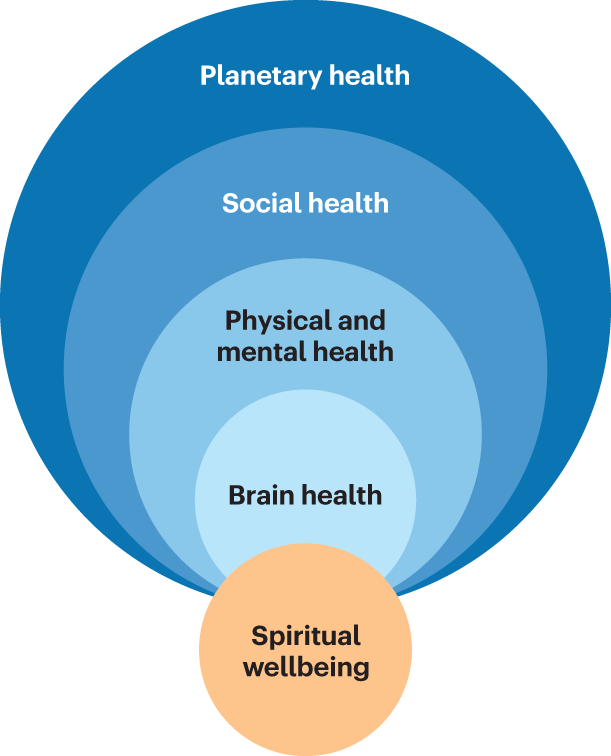Advocacy Group States Child Care and Family Benefits are Economic Necessities, Not Personal Issues
Policymakers, activists, and business leaders gathered at the Moms First Summit in New York to tackle the issues faced by working mothers in the workforce and recommended steps employers need to take. The créme-de-le-crème at the summit took the stage to assert their point of view, among them were the founder and CEO of Moms First, Reshma Saujani, former Secretary of State Hillary Clinton, Sec. of Commerce Gina Raimondo, and actor and activist Geena Davis. They addressed the issues around affordable child care and paid family leave, which are critical in supporting women to stay in the workforce. Michigan Governor, Gretchen Whitmire expressed that a woman’s ability to be part of the workforce is as much dependent on daycare and accessibility to reproductive health as on fair wages.
With states lacking in mandated paid prenatal care leave, expecting parents are often left to use sick or vacation days for prenatal appointments while in the worst cases, where these are unavailable, they have to take unpaid time off. To address this, New York happens to be the first state with a law requiring employers to grant 20 hours of paid prenatal care in a 52-week period, in addition to the state’s paid sick leave policy. This policy takes effect from January 1, 2025.
Childcare costs were also emphasized at the conference where a study showcased the benefits of employers who invested in child care. UPS, as part of the study, reported increased employee retention after providing last-minute, emergency childcare options, particularly among female employees. Despite these proven benefits, only 12% of U.S. workers have access to child care benefits through their employer, according to the Department of Labor.
In light of this, the Moms First summit reminded us about the pressing need for effective policies that can balance the demands of work and childrearing without having to compromise on either. As much as it is about ensuring employee satisfaction and retention, it’s a much bigger societal issue that needs the commitment of employers towards accommodating the requirements of working parents. The SDI program is one such initiative that provides benefits to eligible workers suffering from a non-work related illness, injury, or pregnancy. For more information on SDI and how to get a hold of the service, kindly visit eddcaller.com. This website provides comprehensive and easy-to-follow guidance on how to reach out to SDI and file a claim. It is a proactive step towards supporting working parents, particularly during their times of need.
